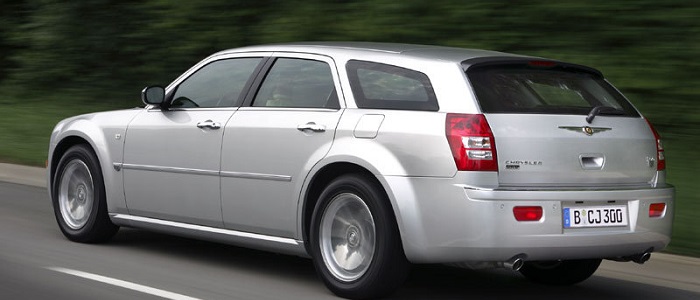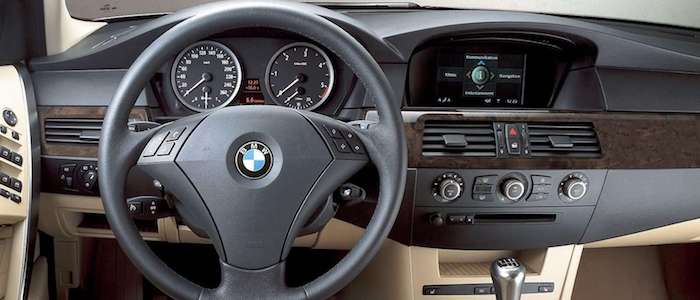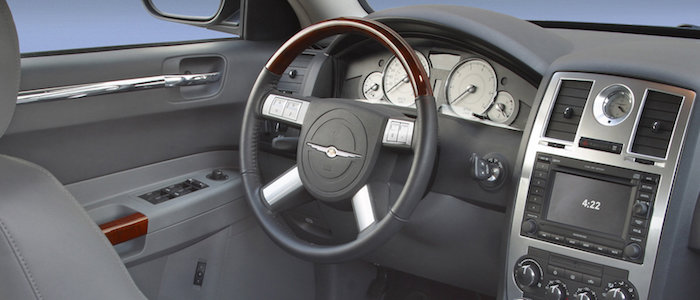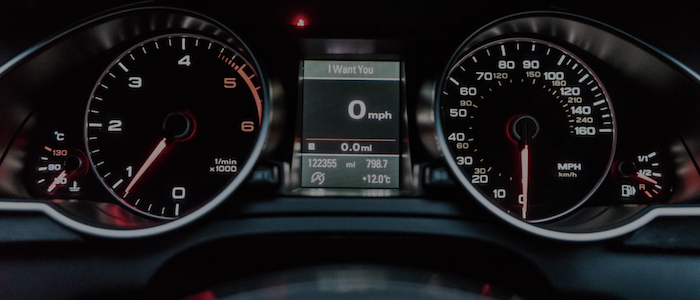Compare two cars
Compare any two cars and get our Virtual Adviser™ opinion
Dimensons & Outlines
Check vehicle history
Engine
3.0 OM642 DE30 LA
Performance (manual gearbox)
Performance (automatic gearbox)
Expenses
Virtual Adviser's™ opinion
Two significantly similar cars, no doubt about that. Still, each one has something different to offer. Having both cars powered by diesel engines and utilizing the 5-door wagon body style within the same 'Luxury car' segment, the only major difference here really is their wheel drive configuration (rear for the BMW and front in the case of the Chrysler). The first one has a BMW-engineered powertrain under the hood, a 6-cylinder, 24-valves 218hp unit, while the other one gets its power and torque from a 6-cylinder, 24-valves 218hp engine designed by Mercedes Benz.
SafetyThe fact that the BMW got tested by the European New Car Assessment Programme (Euro NCAP), while the other contender didn't, offers a slight advantage, as the 4-star rating is better than none. That aside, let's consider some other aspects which affect safety. Both vehicles belong to the luxury car segment, which is generally a very good thing safety-wise, but it doesn't do much to help us decide between the two. On the other hand, if we'd like to consider vehicle mass in this context too, which we definitely should, the American car offers a considerable difference of 11% more metal.
ReliabilityReliability is not the best thing to consider on the make level, but it is worth mentioning that BMW does have a slight advantage, when all the models are taken into account. That's the official data, while our visitors describe reliability of BMW with an average rating of 4.1, and models under the Chrysler badge with 4.4 out of 5. Some independent research have also placed 5 Series as average reliability-wise, and 300C is more or less at the same level.That apart, owners of different cars powered by the same engine as the German car rank it on average as 5.0, while the one under the competitor's bonnet gets 4.7 out of 5.
Performance & Fuel economyBMW is a bit more agile, reaching 100km/h in 0.7 seconds less than its competitor. In addition to that it accelerates all the way to 242 kilometers per hour, 15km/h more than the other car. When it comes to fuel economy the winner has to be the German car, averaging around 7.2 liters of fuel per 100 kilometers (39 mpg), in combined cycle. We can't ignore that 15% difference compared to the American car.
Verdict
BMW appears just a bit more reliable, although the difference is truly marginal. The most important thing when deciding between any two vehicles should always be safety, both passive and active. In my opinion, everything taken into account, the German car offers significantly better overall protection, taking the lead here. It all continues in the same direction, with BMW outracing its opponent in any situation possible, making it better choice for boy racers. To make things even better, it consumps less fuel! All together, there's not much more to say, in this case I wouldn't even consider anything but BMW. Nevertheless, let's not forget that people have different preferences and needs, so what really counts is your personal feel. I'm only here to help. Also, you could use the oportunity to find out which car, everything taken into account, would be the perfect choice for you in the eyes of the virtual adviser™, among more than 12.000 different ones in our database.
Related articles
Mileage fraud is one of the most common scams within the used car market. It illegally inflates the price of a used vehicle and ruins the car ownership experience. As a recent carVertical study revealed, the buyers of premium German cars are at the greatest risk...


































